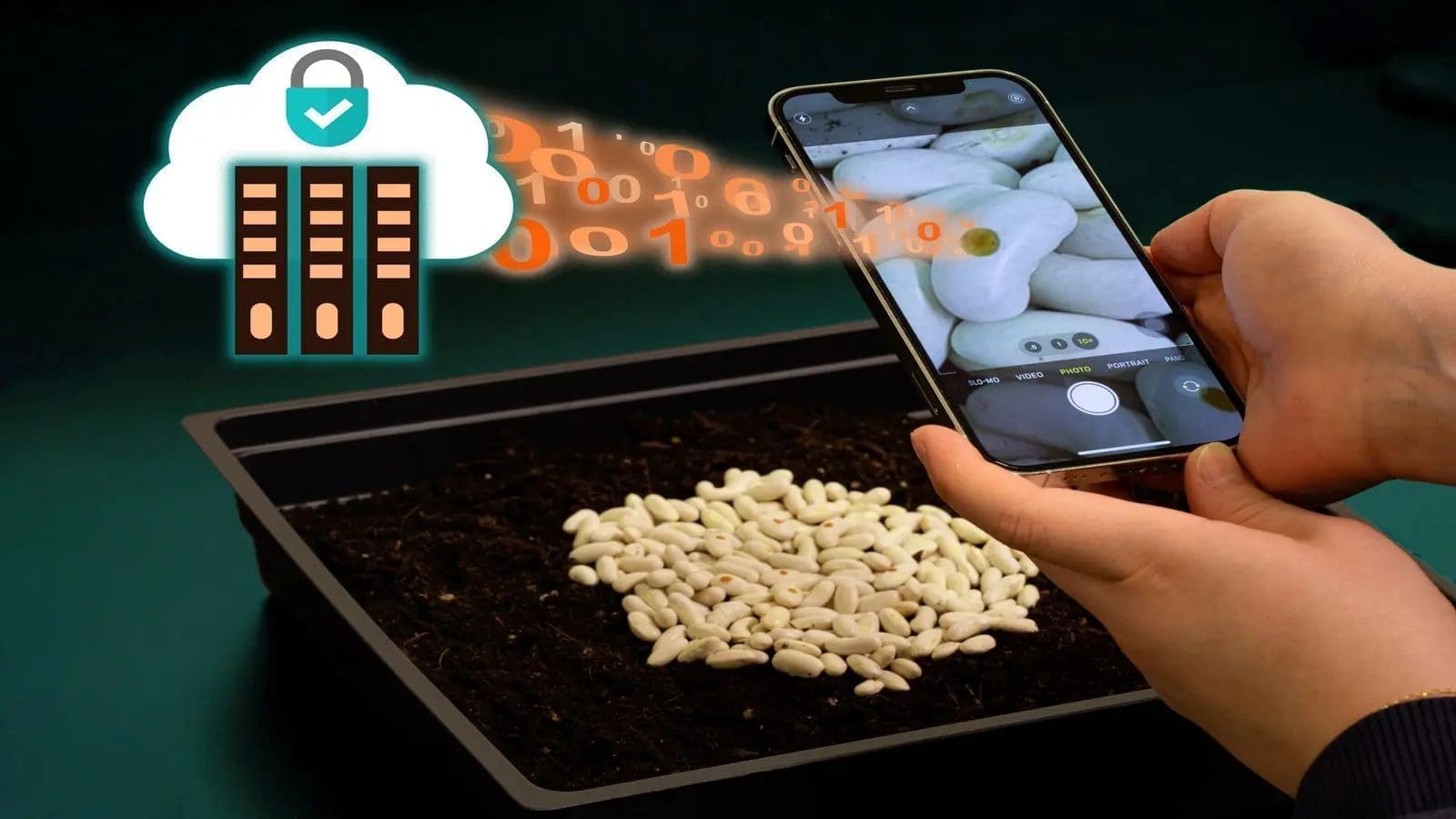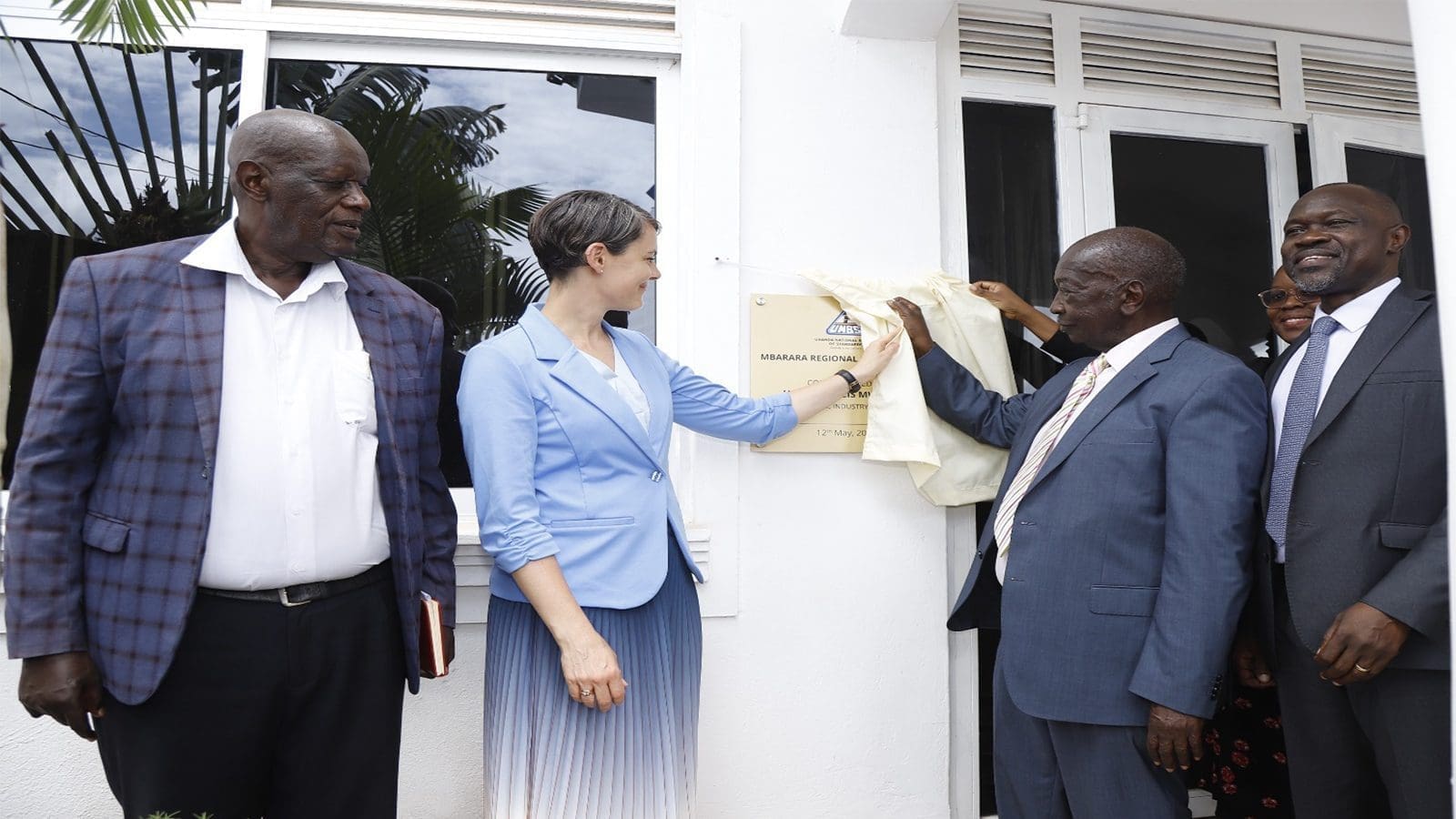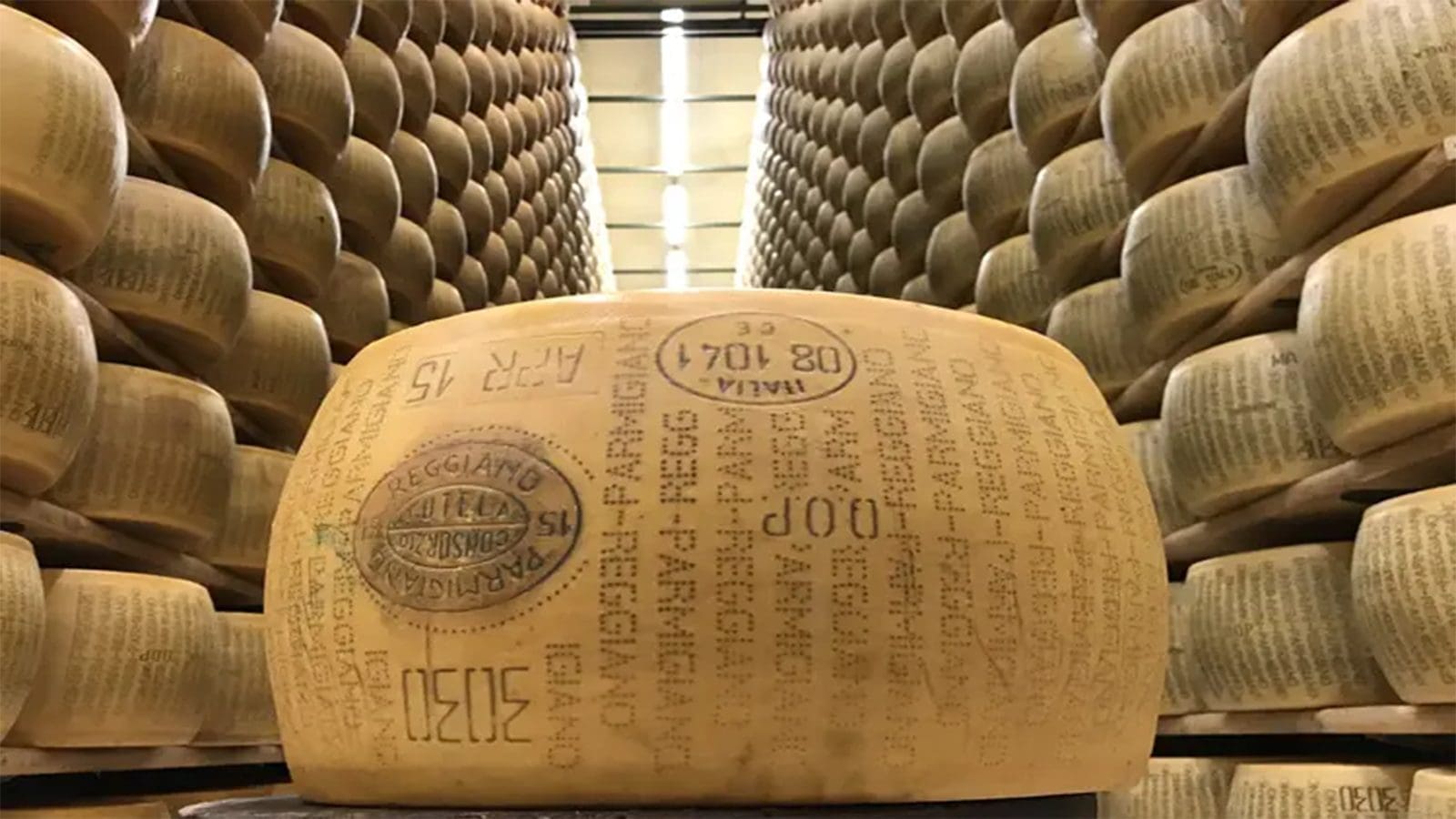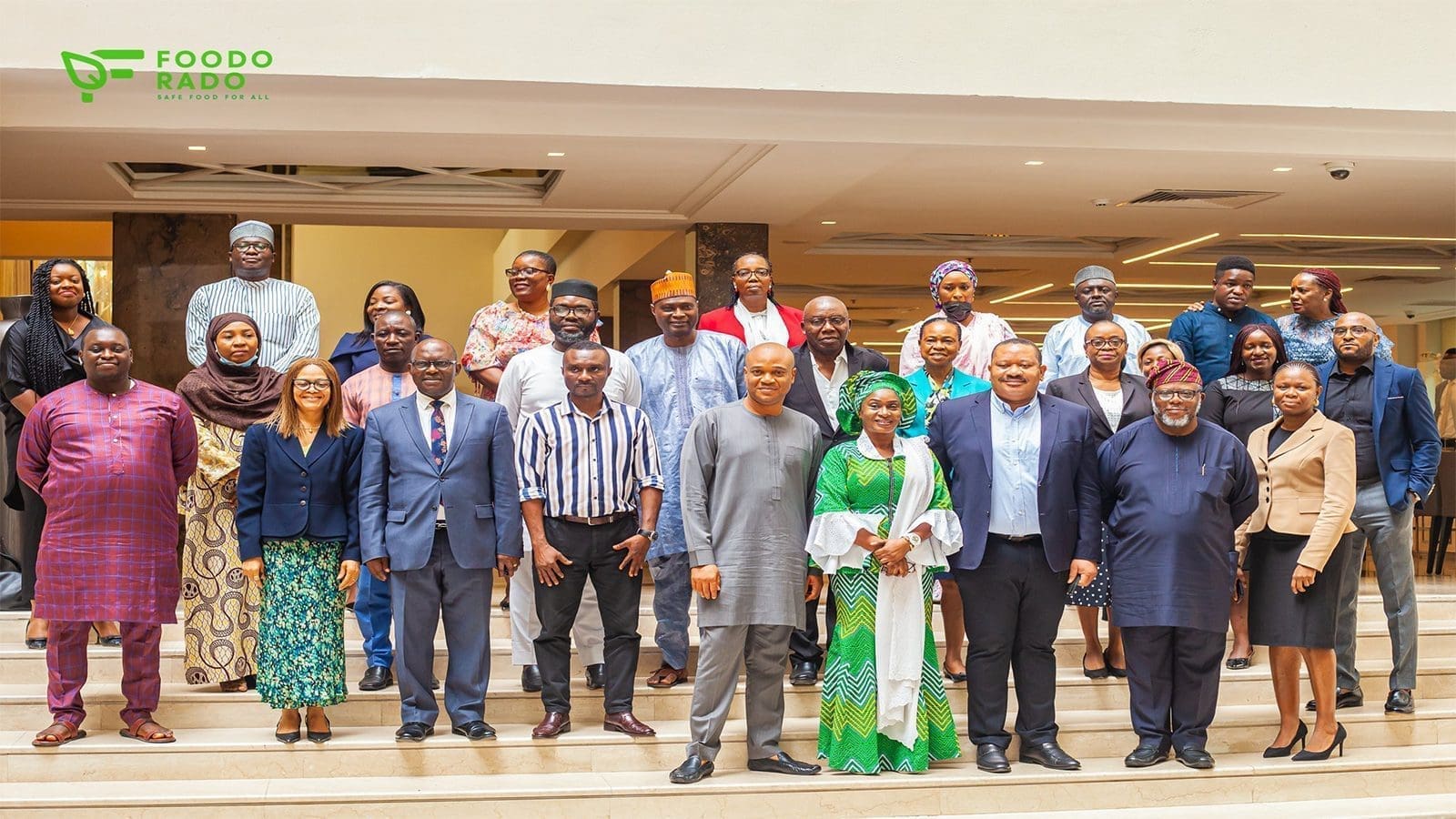USA – Massachusetts Institute of Technology (MIT) has developed a tiny silk-based tag that can be used to label seeds with a unique code, aimed at preventing counterfeiting.
The team developed a simple drop-casting approach that produces tags that are less than one-tenth of an inch in diameter that can be read out not only by a spectrograph or a portable microscope but also by an ordinary cell phone camera with a macro lens.
The researchers have noted that higher-level protection of authentic agricultural products from counterfeits would require higher security levels associated with anticounterfeiting measures, an area where Physical Unclonable Function (PUF) comes to the rescue.
PUF refers to a physical object that uses its intrinsically random variations to provide a unique and unpredictable output (response) under an external stimulus (challenge).
The responses of PUFs rely on their underlying physical characteristics that have stochastic and uncontrollable features introduced during manufacturing.
The use of silk proteins was a natural choice because the material is not only harmless to the environment but also classified by the Food and Drug Administration in the generally recognized as safe (GRAS) category, so it requires no special approval for use on food products.
“You could coat it on top of seeds, and if you synthesize silk in a certain way, it will also have natural random variations. So that’s the idea, that every seed or every bag could have a unique signature,” said graduate student Saurav Maji, also part of the researchers.
Current efforts to combat counterfeit seeds are implemented mainly at the secondary packaging level, including the use of tamper-proof packages, coin-scratch labels that are verified by end users via mobile authentication (e.g., short message service), barcodes that can be scanned at each stage of the supply chain, and RFID tags affixed to the packages.
However, the many attempts to prevent counterfeiting have proven to be futile since the labels have become vulnerable to hacking because of the deterministic nature of their encoding systems, according to an MIT press release.
Additionally, the secondary packages can be easily duplicated to contain fake seeds, and individual seeds can also be sold without secondary packaging.
The increasing circulation of counterfeit seeds has posed a tremendous threat to both manufacturers and smallholder farmers. Fake seeds deprive farmers of profits, as poor-quality results in a poor or failed harvest and may be less resistant to diseases.
According to a 2017 World Bank report in some African countries, up to 50% of crop seeds sold to farmers are illegal or counterfeit, which is a major contributor to the chronic problem of farmers achieving crop yields far below the potential harvest of their lands.
It has been estimated that financial losses accounting for circa US$350 million negatively affect a seed market valued at circa US$500 million annually.
For all the latest food safety news from Africa and the World, subscribe to our NEWSLETTER, follow us on Twitter and LinkedIn, like us on Facebook and subscribe to our YouTube channel.








